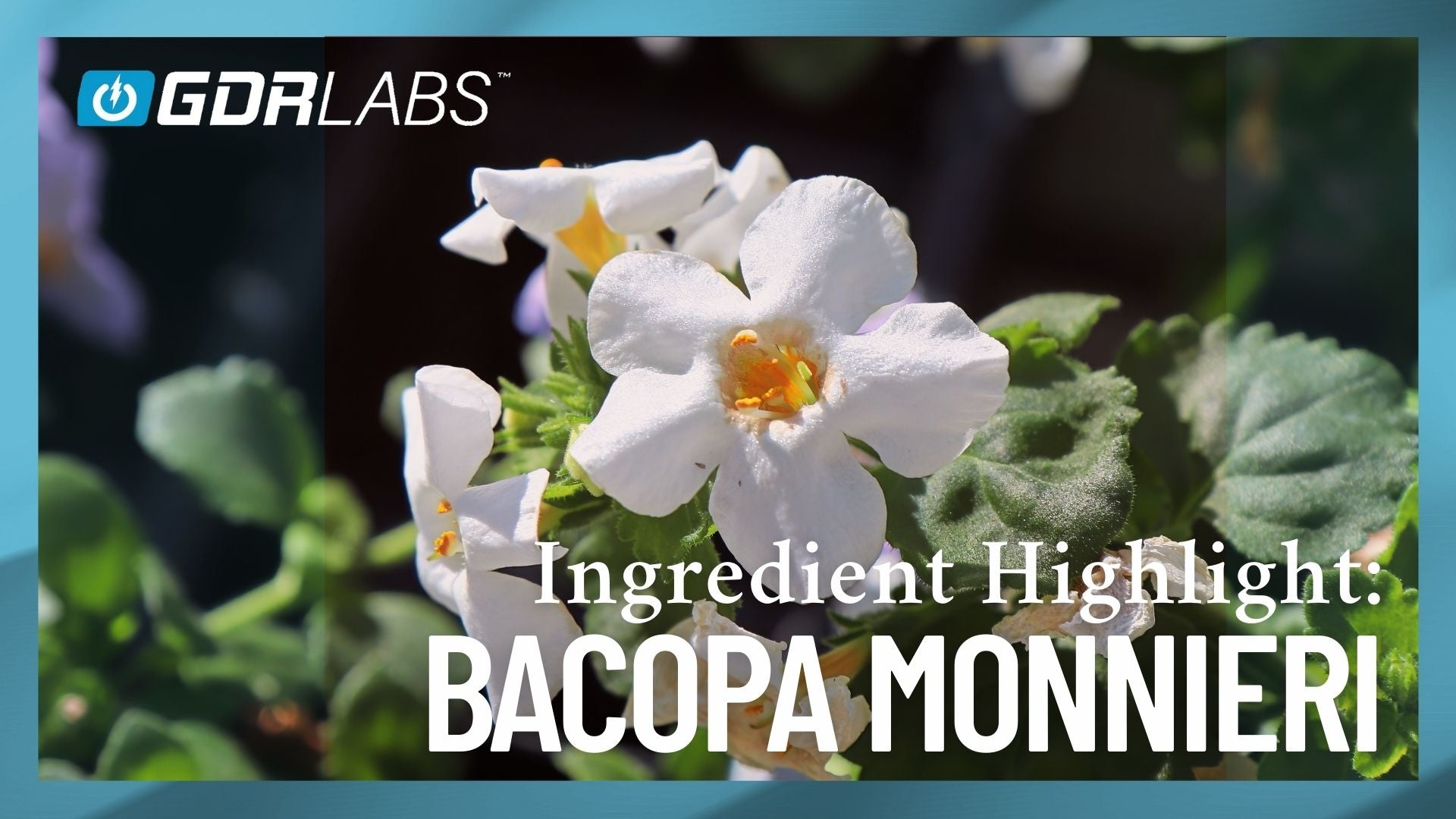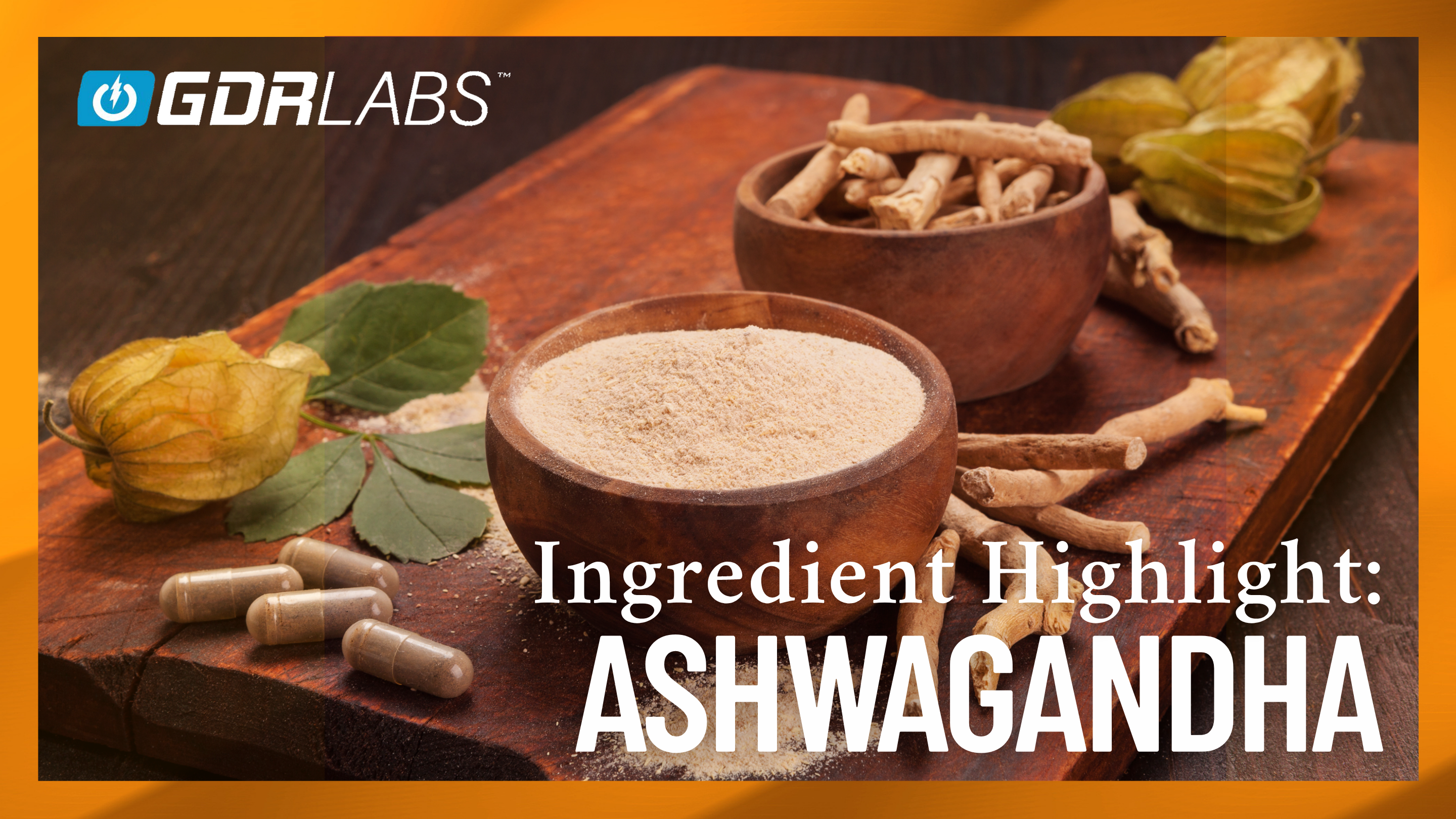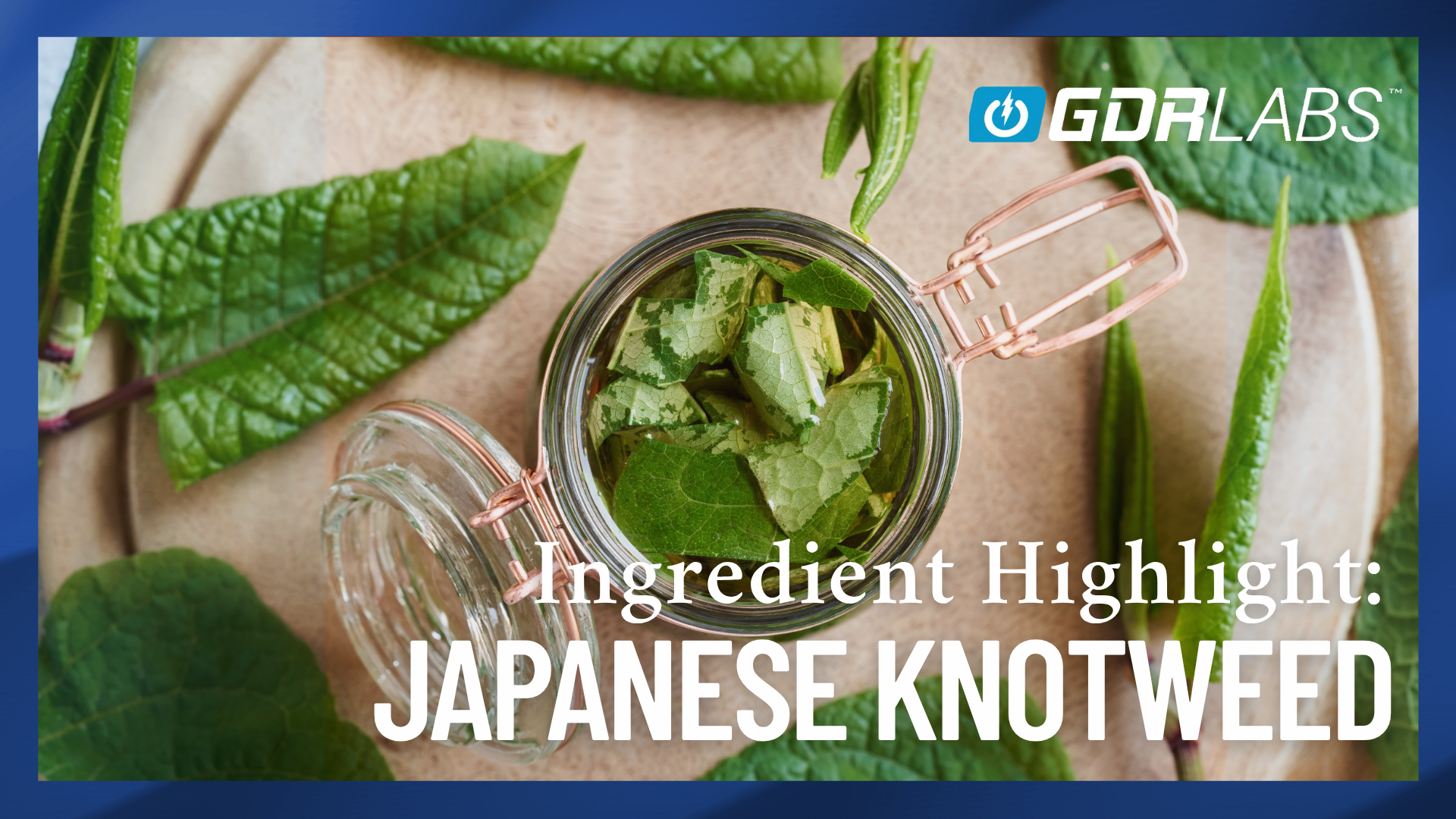Black Pepper and Piperine: The Spicy Secret to Better Absorption and Inflammation Support

Black pepper isn't just the king of spices—it might also be one of the most underrated tools in your wellness arsenal. Known scientifically as Piper nigrum, black pepper has been used for centuries in traditional medicine systems like Ayurveda and Traditional Chinese Medicine for its warming, digestive, and anti-inflammatory properties.
Modern science has confirmed what ancient healers suspected: black pepper contains an active compound called piperine, and it’s a game changer for both inflammation support and nutrient absorption.
What Is Piperine?
Piperine is the alkaloid responsible for black pepper’s pungency, but its effects go far beyond flavor. Piperine has been shown to enhance the bioavailability or absorption of several key nutrients and plant compounds, including curcumin (from turmeric), resveratrol, CoQ10, selenium, and even vitamins B6 and C [1,2].
The reason? Piperine inhibits certain enzymes in the liver and intestinal wall that would typically break down nutrients before they can enter the bloodstream. This means pairing black pepper (or piperine extract) with other supplements helps your body absorb and utilize them more efficiently.
The Anti-Inflammatory Power of Black Pepper
Beyond absorption, black pepper offers direct support for inflammation management as well. Research has shown that piperine can modulate various signaling pathways involved in inflammatory processes:
• Inhibits pro-inflammatory cytokines such as IL-6 and TNF-α[3].
• Reduces COX-2 expression, a key enzyme involved in pain and inflammation[4].
• Suppresses NF-κB activity, a master switch for inflammation-related genes[5].
The Science Behind PEA and Relief Support
Many studies have confirmed PEA’s potential as a natural pain management compound. Most notably, it supports the body’s response to both acute and chronic discomfort without the risks of tolerance, dependency, or gastrointestinal issues commonly associated with NSAIDs and opioids.
Here’s what the research shows:
• Neuropathic Pain: Multiple clinical trials have demonstrated that PEA supplementation can significantly reduce nerve pain and improve quality of life[4].
• Inflammatory Conditions: PEA helps regulate immune overactivity by reducing pro-inflammatory cytokine levels, supporting issues like arthritis and sciatica[5].
• Safe and Well-Tolerated: PEA has been used in long-term studies with no serious side effects reported, even at higher dosages[6].
These mechanisms make black pepper, specifically piperine, a valuable compound supporting the body’s response to oxidative stress, chronic inflammation, and immune dysregulation.
Why Black Pepper Enhances More Than Flavor
The synergistic nature of black pepper makes it a common ingredient in high-quality supplement formulas. For example, when used alongside compounds like conolidine, palmitoylethanolamide (PEA), or curcumin, piperine may dramatically increase their effectiveness, ensuring you get the maximum benefit from every dose.
That’s why you’ll often see piperine in advanced wellness products like Conolidine+™ by GDRLabs. It’s not just a filler—it’s a science-backed absorption enhancer that turns a good formula into a great one.
The Takeaway: Small Spice, Big Impact
Don’t underestimate the power of black pepper. Whether helping your body absorb nutrients more efficiently or supporting a healthy inflammatory response, piperine is one of the most valuable natural enhancers in the world of functional health.
Incorporating black pepper extract into your wellness routine, especially with other science-backed compounds, may give your body the extra edge it needs to recover, perform, and thrive.





